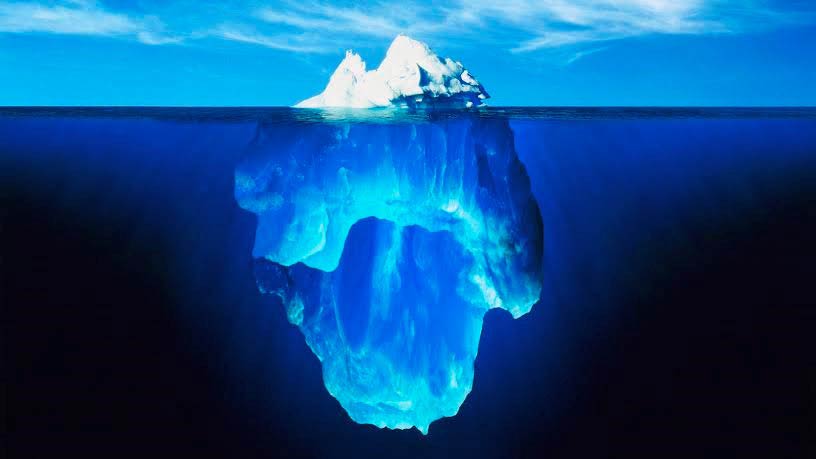The Tip of the E-Waste Catastrophe Iceberg
E-waste is a serious problem - now more than ever.
Technology is advancing exponentially, and thus electronic office supplies are becoming obsolete at an alarming rate. Though keeping up with new technology can be pricey for a company (even though there are ways to mitigate the cost), it often ends up being even more expensive to the environment.

When outdated electronics are tossed out, it’s common for them to be disposed of improperly. Surprisingly, e-waste is more of an issue than traditional waste because electronics contain a large amount of toxic materials such as heavy metals including lead and mercury. These materials are toxic when introduced to plants, animals, or people in large amounts – and sometimes in trace amounts. These toxic materials are released at varying stages. They can be immediately released, in airborne form, if improperly shredded or put in acid baths. They can be released over time if they’re damaged and stockpiled or if landfilled and are open to the elements.
The most recent report on this issue involves Global Environmental Services, who just admitted to burying electronics in a hole behind their warehouse in Kentucky. The electronics were apparently collected to be recycled, but due to the cost of CRTs, this didn’t actually happen.
What makes this incident so particularly horrifying is that the company in question specializes in electronics recycling and is environmentally conscious – they even held an e-Stewards® certification until shortly before the incident.
If we cannot trust a company formed for environmental purposes, how can we be sure that anyone is really being responsible with their electronic waste?
Though programs like e-Stewards® are absolutely necessary and help to hold companies to standards that require better treatment of waste, they do not go far enough. Though GES did lose their e-Stewards® status before the incident, the fact that they ever had it is a testament to the fact that the regulations need to be stronger.
In addition, the EPA and federal government need to pass laws requiring proper disposal of electronic waste, rather than simply encouraging it with financial support and tax initiatives. This is the only way to effectively ensure that companies are dealing with their waste properly.
That said, the financial components that exist through state legislation need to be strengthened. Under most state legislation, manufacturer financial obligations are tied to a required percentage of weight to collect (and recycle) rather than a certain amount of money to deal with the issue. The percentage is insultingly low. As a result, many e-waste recycling companies are left without adequate resources to dispose of this waste properly. Thus, they have to make decisions on how to cost-effective dispose of old technology and equipment – which often leads to improperly handling the materials in the most secretive or harmful way. It’s expensive to do the right thing.
4th Bin understands that this is a systemic issue that needs to be addressed.
That’s why we were awarded the Environmental Champion Award this year, which is the highest recognition the EPA gives to the public. We are committed to disposing of your waste both efficiently and safely.
If you have any questions about our e-waste disposal practices, we’d love to hear from you, please contact us here








